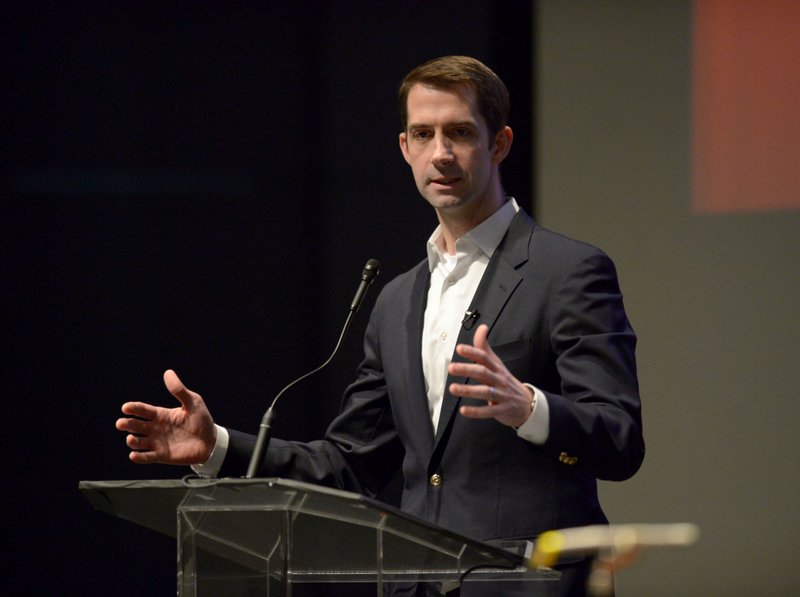SAN FRANCISCO — Apple is closing a security gap that allowed outsiders to pry personal information from locked iPhones without a password, a change that will thwart law enforcement agencies that have been exploiting the vulnerability to collect evidence in criminal investigations.
The loophole will be shut down in a forthcoming update to Apple's iOS software, which powers iPhones.
Once fixed, iPhones will no longer be vulnerable to intrusion via the Lightning port used both to transfer data and to charge iPhones. The port will still function after the update, but will shut off data an hour after a phone is locked if the correct password isn't entered.
The current flaw has provided a point of entry for authorities across the U.S. since the FBI paid an unidentified third party in 2016 to unlock an iPhone used by a mass killer in the San Bernardino, Calif., shooting a few months earlier. The FBI sought outside help after Apple rebuffed the agency's efforts to make the company create a security backdoor into iPhone technology.
Apple's refusal to cooperate with the FBI at the time became a political hot potato pitting the rights of its customers against the broader interests of public safety. While waging his successful 2016 campaign, President Donald Trump ripped Apple for denying FBI access to the San Bernardino killer's locked iPhone.
On Thursday, U.S. Sen. Tom Cotton, R-Arkansas, said Apple should be "more than willing to cooperate with valid warrants from U.S. law enforcement."
"Criminals and terrorists should never take precedence over the safety of the American people,” he said in a statement.
In a Wednesday statement, Apple framed its decision to tighten iPhone security even further as part of its crusade to protect the highly personal information that its customers store on their phones.
CEO Tim Cook has hailed privacy as a "fundamental" right of people and skewered both Facebook and one of Apple's biggest rivals, Google, for vacuuming up vast amounts of personal information about users of their free services to sell advertising based on their interests. During Apple's 2016 battle with the FBI, he called the FBI's effort to make the company alter its software a "dangerous precedent" in an open letter .
"We're constantly strengthening the security protections in every Apple product to help customers defend against hackers, identity thieves and intrusions into their personal data," Apple said. "We have the greatest respect for law enforcement, and we don't design our security improvements to frustrate their efforts to do their jobs."
Read Friday's Arkansas Democrat-Gazette for full details.

